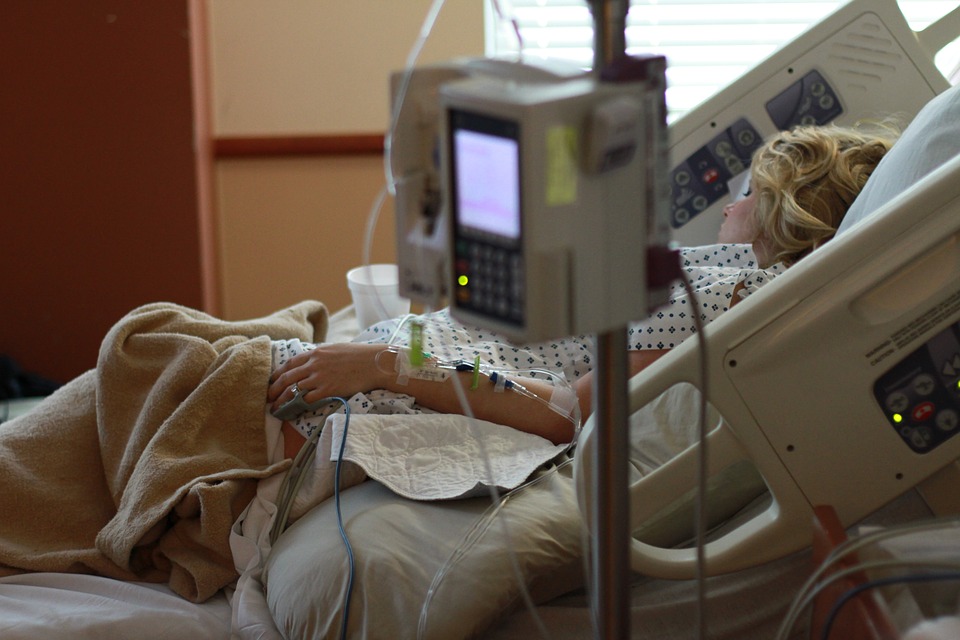What is Bulimia?
Bulimia or bulimia nervosa is a psychological and potentially deadly eating disorder. People with bulimia binge eat, that is, they consume large amounts of food within a short time and are unable to stop. Consequently, they try to compensate by self-induced vomiting, excessive exercise, taking laxatives, fasting, etc. Bulimia affects both men and women. However, the majority of bulimic patients are females.
What Are the Symptoms of Bulimia?
1) Highly Concerned With Body Image
The self-evaluation of bulimic people is highly influenced by their body weight and shape. They experience high levels of body dissatisfaction and feel that their bodies are flawed, which leads to intense feelings like shame, disgust, self-consciousness, etc.
2) Uncontrollable Eating
People with Bulimia consume food excessively over a short period and cannot stop. As a result, they eat to or past the point of discomfort and feel painfully full. They may consume any food. However, binge eating mostly occurs with foods the person would generally avoid.
3) Purging Behaviors
After having consumed too much food, bulimic people desperately attempt to eliminate the food before they gain any weight. They do so by self-induced vomiting, usually putting a finger down the throat or by taking laxatives. Others try to compensate for the calorie intake by fasting continually or over-exercising, which is particularly common in males. These people even refuse to take a day off the gym despite being sick or injured.

4) Living With a Constant Fear of Gaining Weight
Bulimic patients have an extreme fear of gaining weight. They become preoccupied with incessant thoughts of food, always wondering whether the food will be easily digested or sit in their stomachs and make them look bad.
Some Complications Associated With Bulimia
1) Dental issues
Due to repeated acts of self-induced vomiting, teeth are exposed to a build-up level of hydrochloric acid. This eventually leads to dental conditions and symptoms like severe tooth decay, gum disease, tooth sensitivity to hot or cold food, pain in swallowing, sore throat, and others.
2) Weakness and Dehydration
Laxative abuse and self-induced vomiting can result in inadequate potassium and unstable levels of water in the body. Consequently, these imbalances lead to cramps, muscle aches and weakness, irregular heartbeats, and even border on paralysis and cause sudden death of individuals.
3) Digestive Problems
Digestive problems such as acid reflux, diarrhea, constipation, bloating, etc. can also arise due to frequent purging and abuse of substances. The esophagus, which is the muscular tube that connects the throat with the stomach, becomes weak and procures gastrointestinal symptoms. Others become dependent on laxatives and are unable to have a normal bowel movement without it.

4) Infertility
Men and Women who have Bulimia usually have an average weight or may be slightly overweight or underweight. Nonetheless, this doesn’t mean that they are nutritionally healthy. The constant self-induced vomiting and use of laxatives to empty bowels quickly make them lose healthy amounts of fats and proteins. This, in turn, negatively impacts the menstruation cycle of women through infrequent or unpredictable menstruation. As for men, the lack of vitamins and minerals affects their testosterone levels and hence reduces fertility.
Treatments
Although the treatments vary for each patient based on their specific needs, most of them are done to restore the normal eating behavior and address the underlying psychological problems and treat medical complications. Most of the treatments include:
1) Psychotherapy
Psychotherapy consists of a range of treatments to assist people with a wide variety of mental health problems and emotional difficulties. It helps patients to control or get rid of the troubling behaviors and symptoms and function properly. For bulimics, psychotherapy helps determine the cause of their eating disorder and incorporate changes within their lifestyle to help stabilize their eating patterns. Additionally, this psychological treatment also helps the person regarding his/her body image and improve their mood.
2) Nutrition Counseling
Nutritionists can help organize a nutrition plan to promote healthy eating habits and overcome bulimia. The diet plans help patients to structure their meals so that they avoid hunger and cravings and have the right calorie intake to maintain a healthy weight.
3) Medications
Reports show that there is only one medication known as fluoxetine, which has been approved by the Food and Drug Administration to treat Bulimia. The medication is sold under the brand name Prozac. Some antidepressants are also given to patients to help decrease their body image and weight concerns.
4) Hospitalization
Bulimia can generally be treated outside the hospital. However, anytime a patient starts experiencing severe health complications, including but not limited to blood pressure, irregular heartbeats, bleeding from vomiting, and others, they may require hospitalization.

If you or a loved one is experiencing some of the symptoms above, it’s always good to consult a medical professional to avoid any risks of underlying health issues.



